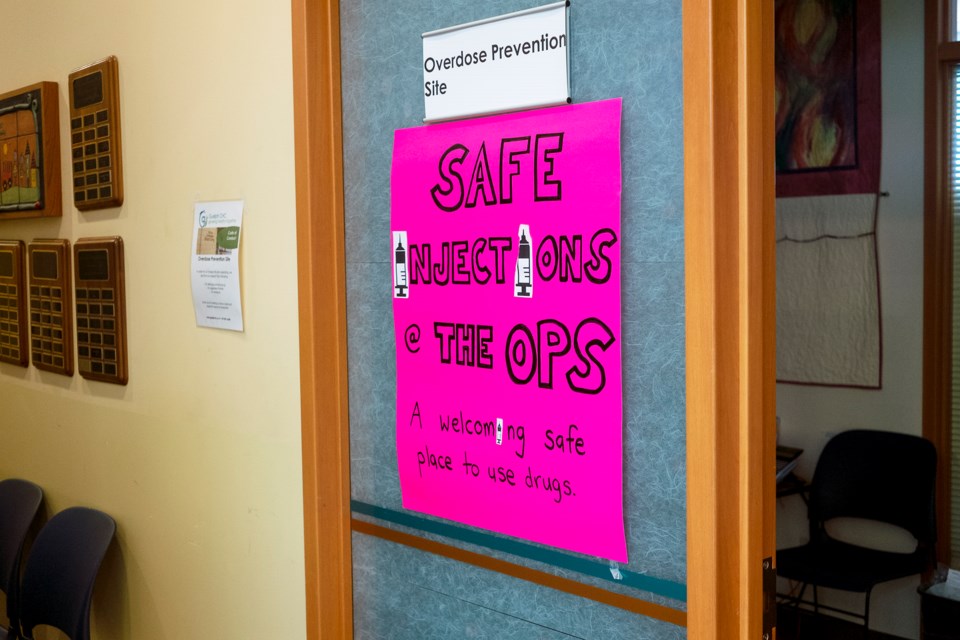BradfordToday and InnisfilToday welcome letters to the editor at [email protected] or via the website. Please include your full name, daytime phone number and address (for verification of authorship, not publication).
The decision by the Ford government to shut down safe and supervised drug consumption sites and end safe supply programs is both a dangerous one and one that is counter to best evidence. Those calling it a death sentence are not exaggerating.
The existing body of research — from criminology, public health, social work and medical studies — establishes unambiguously, and has over decades of work, that criminalization and stigma kill drug users. And they do so for reasons that are now well documented — driving people to use alone and underground, turning people to unsafe supplies, discouraging people from seeking health and social supports. That Doug Ford chose to ignore such evidence, even from his own experts, is troubling.
This is a toxic drug crisis and that needs to be addressed. Safe consumption and safe supply advocates, as reported in your article, do not oppose treatment. So why do treatment-only politicians and moral entrepreneurs deride practices that keep people alive? Dead people cannot benefit from rehab.
Stigma, criminalization and punishment have been tried. They are roads that have too often ended in the otherwise avoidable deaths of drug users. Yet too many are still committed to playing politics with people’s lives. We need answers as to why.
One unspoken aspect of the answer might be that recovery and treatment centres and programs are often private. So, this can become a way to privatize healthcare and/or transfer public health funds to private players. Something to pay attention to in all of this.
Dr. Jeff Shantz
Department of Criminology
Kwantlen Polytechnic University
Surrey, BC



